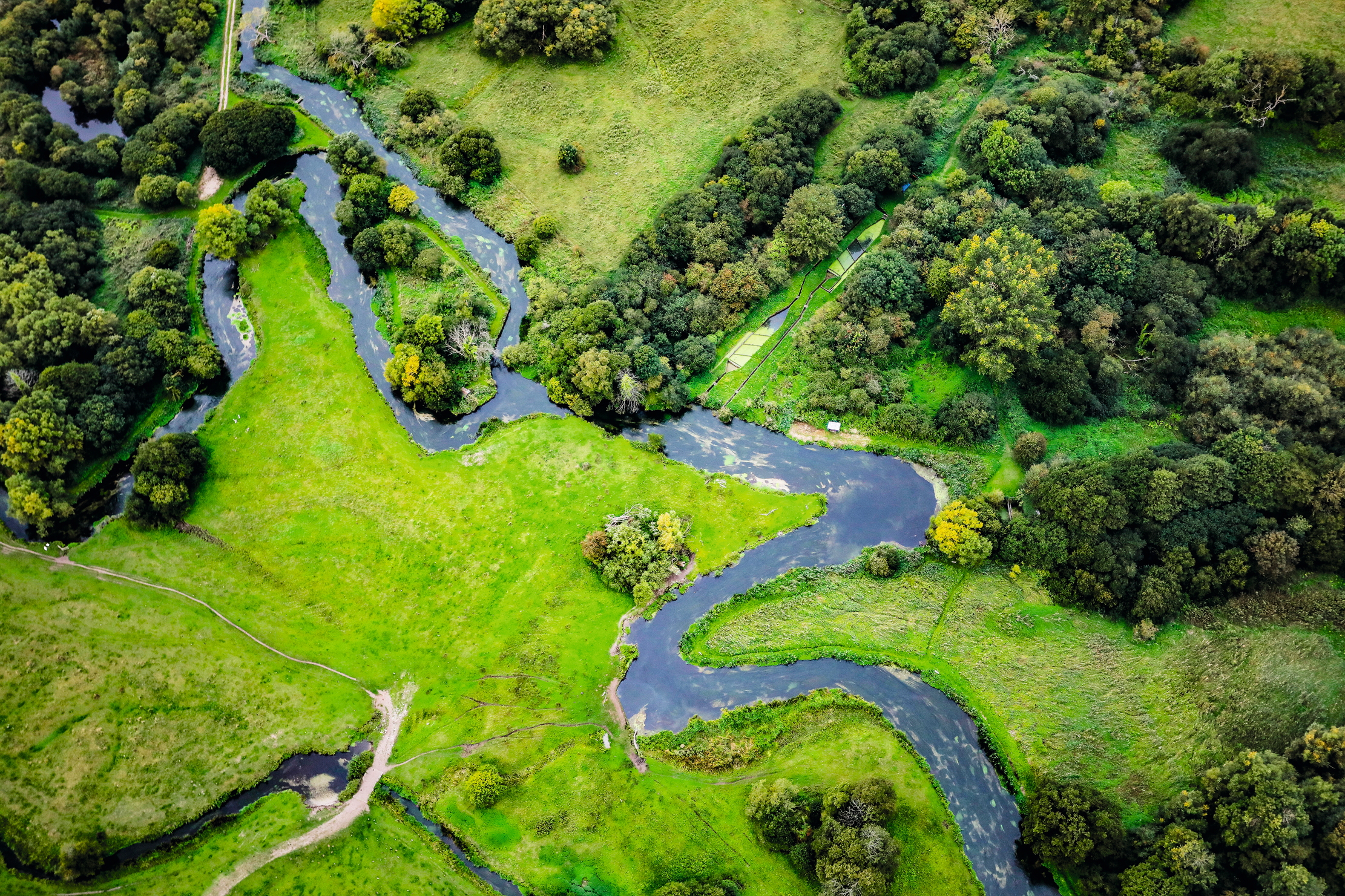Storm overflow plan 'needs flushing down the lavatory once and for all' say angling groups as perilous state of English rivers revealed
The recently published Cunliffe Report shows that 'waterways are suffering from chronic neglect, corporate greed and useless regulation'.

The plan to cut storm overflows by 50% by 2030 is ‘far too little and far too late’, according to the river charity Wildfish, as campaigners and politicians react to the publication of the Cunliffe Report. ‘The law is gin-clear that it is illegal to spill raw sewage into rivers in anything other than exceptional circumstances,’ comments chief executive Nick Measham. ‘What we need is the Government and the regulators to enforce the law now and let the investment flow in consequence. The discredited storm-overflow plan — dreamt up to save political face — needs flushing down the lavatory once and for all.’
The Environment Agency (EA), scathingly described by the chairman of the Public Accounts Committee report as ‘missing in action’, recently stated that serious pollution incidents have risen this year by 60% to approaching 3,000, 75 of which posed serious harm to human health and fisheries; the majority are down to three companies, Thames, Southern and Yorkshire.
Rivers and waterways are not only under threat from sewage spillage, but also drought, after it was revealed that Southern Water has applied for an order that would allow it to draw large amounts of water from the River Test.
The ‘drought order’, which must be approved by Defra Secretary Steve Reed, would allow the company to take unusually large quantities of water from the Test, even if the flow level falls below what scientists would deem safe for the ecological health of the river.
The Test, which was recently granted the ‘right to be pollution free’ by local councils, is one of the nation’s rare chalk streams. There are 200 chalk streams in the world, of which 85% can be found in England. The river is home to species such as trout, salmon and otters.
The Test is already running at low levels, according to the UK Centre for Ecology and Hydrology and when rivers, such as the Test, fall to low flow levels they can take years to recover, with crippling effects on the fish and river health due to lack of oxygen.
‘No one should be surprised by the drought this year, so soon after the drought in 2022,’ Stuart Singleton-White of the Angling Trust told the Guardian. ‘This has been predicted, and in a changing climate will happen more often. But water companies weren’t ready. They have failed to build the storage and reservoirs we need, failed to fix the leaking pipes and failed to do enough to help us save water.’
Exquisite houses, the beauty of Nature, and how to get the most from your life, straight to your inbox.
'Yesterday, the CEO of Ofwat David Black revealed he would resign, after the government announced that the regulator would be scrapped'
In response, a Southern Water spokesperson said: ‘We follow a strict legal process, set by the government and regulators, to ensure we are taking the correct steps to both keep supplying water to our customers and to mitigate any negative environmental impact at the same time.
‘We applied for a drought order on Friday 18 July for the River Test in accordance with this, but this would only ever be needed if river flows fall below 355 megalitres per day — allowing us to continue taking water to keep taps running.
‘We continue to monitor levels closely and are currently not close to this trigger. This is thanks to households and businesses across Hampshire and the Isle of Wight using less water, and our teams tackling leaks and optimising our water network around the clock.
‘Longer term, a new reservoir, water recycling schemes and water transfers from neighbouring areas are among the solutions which will build drought resilience for this area.’
The Cunliffe Report, published last month, called for a ‘fundamental reset’ of the water sector in England and Wales, in order to restore public confidence, to clean up waterways and to meet the demands of climate change such as drought and heavy rainfall.
It is highly critical of the current labyrinthine processes, lack of joined-up thinking, ‘opaque’ planning systems, ‘unintelligible framework’ and lack of collaborative innovation between water companies; the public is to blame, too, for blocking drains.
It recommends that Ofwat’s powers should be greatly reduced due to its failure to manage water companies, as should those of the EA and Natural England, and responsibilities should be devolved by region in England to deal with planning, funding and ensuring that the polluter pays; water companies themselves should be able to comment on proposed planning, give technical advice and object when there is insufficient capacity. Yesterday, the CEO of Ofwat David Black revealed he would resign, after the government announced that the regulator would be scrapped.
The Angling Trust’s Jamie Cook adds: ‘The report confirms what anglers have been warning for years: our waterways are suffering from chronic neglect, corporate greed and useless regulation.’
The trust welcomes the overall thrust of the Cunliffe Report, but would like to see an end to a developer’s automatic right to connect to an overstretched sewer, the ring-fencing of fines to fund environmental restoration and the promotion of citizen science to monitor water quality.
Kate is the author of 10 books and has worked as an equestrian reporter at four Olympic Games. She has returned to the area of her birth, west Somerset, to be near her favourite place, Exmoor. She lives with her Jack Russell terrier Checkers.


